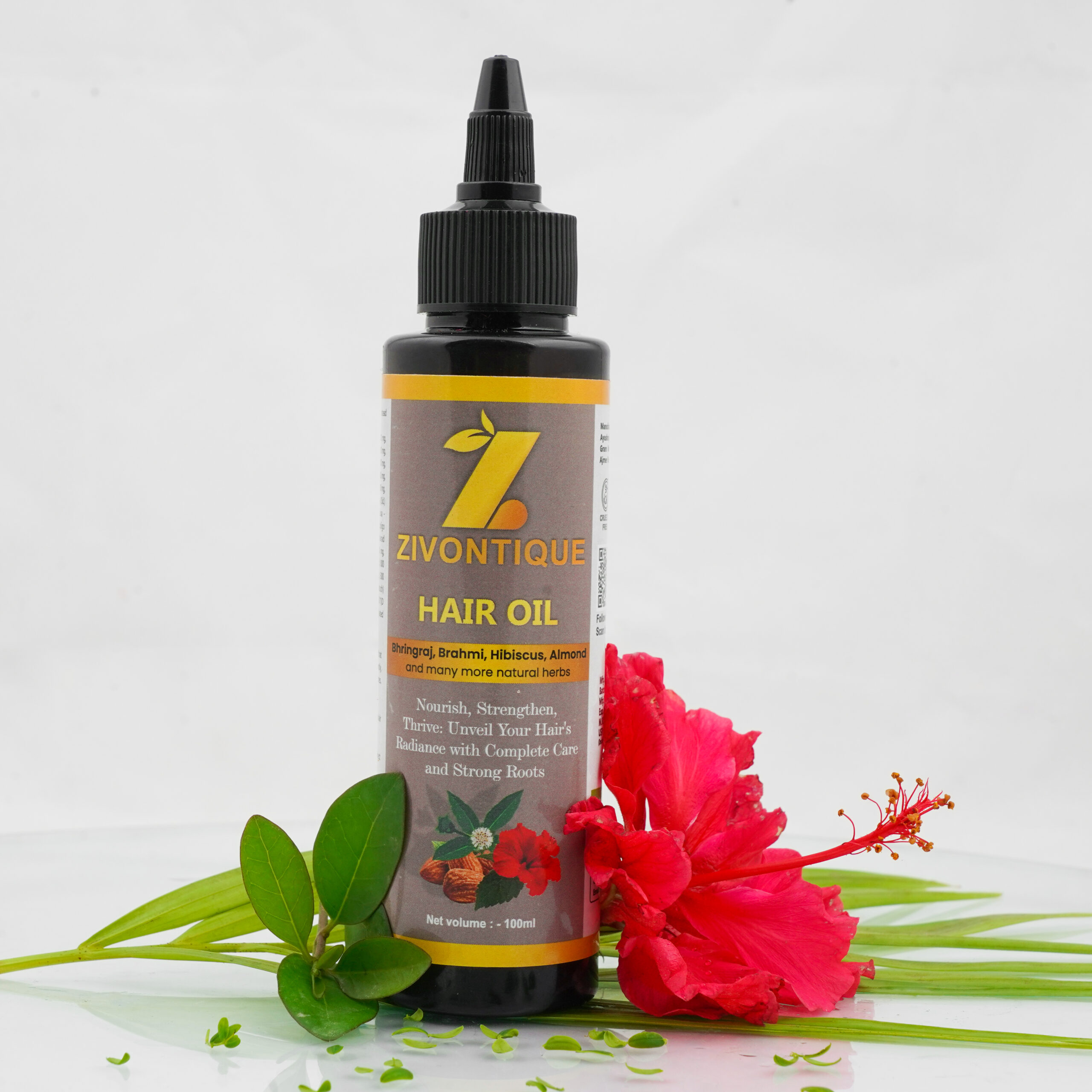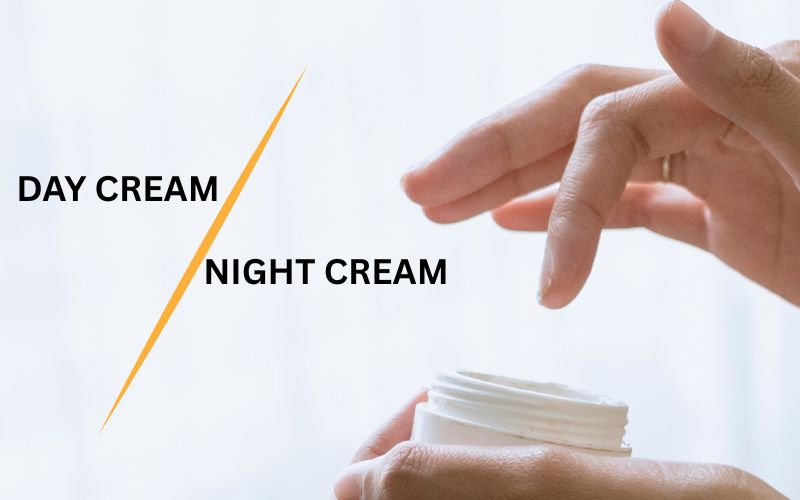Have you ever considered whether it’s necessary to have both a night cream and a day cream on your beauty shelf? You’re not alone. There are so many creams that do so many things that it’s hard to know which face cream to choose. But here’s the catch: your skin does not behave the same at 9 a.m. as it does at 9 p.m. That’s exactly why these creams are made differently.
Now, we’ll go ahead and break it all down in respectful, human terms.
Why Skincare Matters
Your skin is your body’s largest organ, constantly exposed to sun, pollution, dirt, and stress. Without the right care, it ages faster and loses its glow. Creams significantly contribute to your skin’s ability to combat daily challenges and promote overnight healing. Using the correct night cream and day cream is so crucial.
Understanding the Cream Confusion
Night cream and day cream. All-purpose moisturizer. What’s really the difference? It’s not just marketing jargon. These products are formulated with different goals in mind—and once you understand the science behind them, your skincare game will entirely change.
What is a day cream?
Day creams are like your skin’s daytime armor.
Key Functions of Day Cream
- Hydration and Protection
Day creams keep your skin moisturized while protecting it from daily aggressors like UV rays and pollution. - SPF and Environmental Defense
Most day creams come with SPF to shield your skin from harmful UV radiation—a major cause of premature aging.
Common Ingredients in Day Cream
- Sunscreens like zinc oxide or avobenzone
- Antioxidants such as Vitamin C and green tea extract to fight free radicals
- Lightweight Moisturizers like hyaluronic acid that hydrate without making your skin greasy
What is a night cream?
Night creams are the skin’s repair crew working the night shift.
Main Purpose of Night Cream
- Skin Repair and Regeneration
Night is when your skin heals. Night creams boost this natural process by feeding your skin with nutrients. - Deep Moisturizing
These creams tend to be thicker to lock in moisture and replenish the skin barrier.
Typical Ingredients in Night Cream
- Retinol to boost collagen production
- Peptides to support skin firmness
- Ceramides to restore the skin’s protective barrier
Key Differences Between Night Cream And Day Cream
Let’s take a closer look at the differences between day and night creams.
Texture and Consistency
- Day creams are lighter; night creams are richer and thicker.
Ingredient Formulation
- Day creams focus on protection (SPF, antioxidants).
- Night creams focus on restoration (retinol, peptides)
Skin Goals During Day vs. Night
- Day = Defense.
- Night = Repair.
Usage Timing and Routine
- Day cream = AM routine
- Night cream = PM routine
Benefits of Using Both Creams

Achieving 24-Hour Skincare
- Combining both night cream and day cream ensures your skin gets exactly what it needs at different times of the day.
Targeting Different Skin Needs
- Why limit your skincare benefits? Day creams guard, but night creams heal.
Can You Swap Them?
What Happens If You Use Night Cream During the Day?
- Some night creams contain retinol or acids that increase sun sensitivity—definitely not what you want in daylight.
Is It Okay to Use Day Cream at Night?
- It’s not harmful, but it won’t support your skin’s repair needs. Also, SPF at night? Totally pointless.
How to Choose the Right Creams for Your Skin Type
For Oily Skin
- Go for non-comedogenic, gel-based creams.
For Dry Skin
- Look for creamy, intensely hydrating formulas with hyaluronic acid or shea butter.
For Sensitive Skin
- Avoid fragrances and harsh actives. Look for calming ingredients like aloe vera, chamomile, or lal chandan.
Common Myths About Night Creams and Day Creams
- One Cream Fits All
- Nope. Just like you wear different clothes for different occasions, your skin needs tailored care.
SPF Is Only Needed on Sunny Days
- False! UV rays sneak in through clouds and windows. SPF is non-negotiable.
Building Your Skincare Routine
Morning Routine Sample
- Cleanser
- Toner
- Vitamin C serum
- Day cream with SPF
- Sunscreen (if needed)
Night Routine Sample
- Cleanser
- Toner
- Serum (retinol or hyaluronic acid)
- Night cream
- Eye cream (optional)
Expert Tips for Maximizing Cream Benefits
Apply on damp skin
- Helps lock in moisture more effectively.
Layering Products Properly
- Always go from thinnest to thickest (serums before creams).
Real User Experiences
Skincare Diaries
Many users report smoother skin, better hydration, and reduced breakouts after sticking to a dedicated day-night cream routine.
What People Notice After Switching
Less dullness, more glow, and fewer fine lines—what’s not to love?
Conclusion
To put it simply, day creams protect, and night creams repair. While they are not interchangeable, when combined, they form the ideal skincare pair. Just like you wouldn’t wear pajamas to the office or sunglasses to bed, your skin deserves products like night cream and day cream to give the right amount of nourishment to your skin, made for the right time of day. Treat your skin with utmost care, and it will reward you with a healthy, radiant glow.
FAQs
1. Can I use the same cream for both day and night?
You can, but it won’t give you the full benefits. Day creams protect, and night creams heal.
2. How long does it take to see results?
Most people notice changes in 2–4 weeks with consistent use.
3. Is day cream necessary if I stay indoors?
Yes! UV rays penetrate windows, and blue light from screens also impacts your skin.
4. Should teenagers use night cream?
Only if needed. Focus on hydration and acne care first; anti-aging can wait.
5. At what age should I start using these creams?
Mid-20s is a good time to start investing in both day and night creams.




